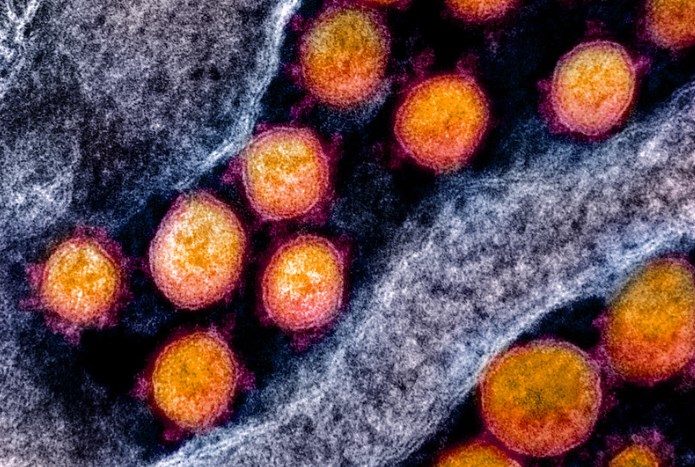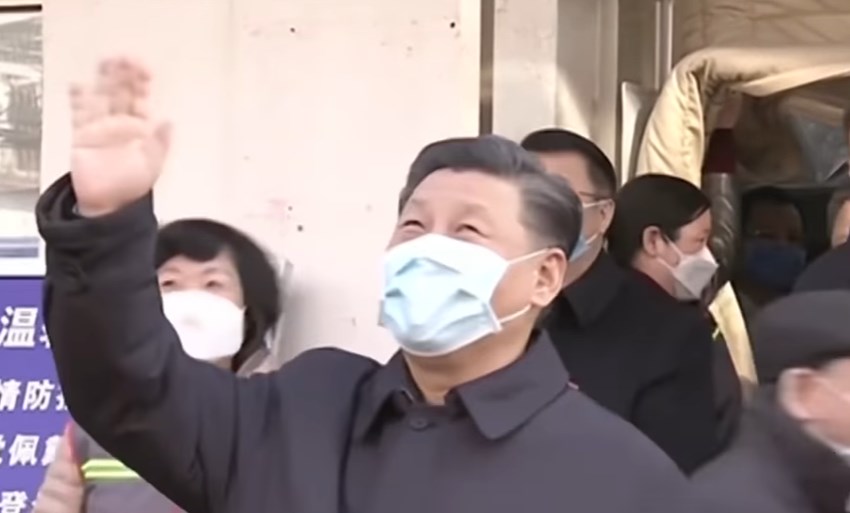By David Kilgour and Susan Korah
The World Health Assembly (WHA), the decision-making body of the UN’s World Health Organization (WHO) member-states, is holding a virtual meeting this week. Taiwan is not represented, despite its pandemic expertise setting an example for the world.
When the SARS epidemic reached Taiwan from southern China in 2003, dozens of lives were lost, but its health experts learned the effectiveness of general testing, face masks, technology to locate infected persons, swift decisions and quarantines. These lessons were applied immediately when Covid-19 arrived this year.

From 2009-2016, Taiwan participated as an observer in the assembly under the name “Chinese Taipei” while the Kuomintang (KMT) party held the presidency in Taipei. Since 2016, when President Tsai Ing-wen and her Democratic Progressive Party (DPP) won the national election, Beijing has regrettably managed to persuade the WHO not to invite Taiwan.
If the WHO and its member-nations had adopted Taiwan’s practices in confronting Covid-19 in early 2020, many of the 4.6 million confirmed cases and more than 311,000 deaths worldwide to date could have been avoided, along with much economic hardship. Taiwan ignored outbreak denials from Beijing and imposed timely bans on flights from Wuhan and later from all of China.
The 27 E.U. nations, Australia and the US are quite reasonably now demanding an independent investigation into the WHO’s complicity with Beijing.

German intelligence reported recently that China’s president pressured the WHO director-general to delay issuing a global warning about Covid-19 in January. Both the CIA and Homeland Security Dept. in the US concluded that Beijing suppressed information about the outbreak so it could buy up medical supplies around the world.
The University of Southhampton (UK) concluded in a study finding that 95 per cent of the infections could have been avoided if Beijing had acted three weeks earlier.
Taiwan’s foreign minister, Joseph Wu, recently cited a secret memorandum signed between Beijing and the WHO in 2005 as directly impacting his country’s participation at the annual WHA and related WHO events.
As a result of the agreement, Taipei will require additional international support to attend the WHA, Wu told lawmakers during a legislative session in Taipei. Despite growing support (including Canada), he admitted it would be “extremely difficult” for Taiwan to secure an invitation to the annual meeting.

The agreement contents were never made public, but details obtained by Taipei in 2007 stipulate that the country must apply for WHO technical assistance through China and that all exchanges between Taiwan and the WHO must be approved by Beijing.
In a related development, Reporters Without Borders (RSF) called attention to the WHO ban on Taiwanese journalists, denying them their right to cover meetings and press conferences of the global healthcare system, including the World Health Assembly.
RSF has publicly noted that the reason for WHO’s ban on Taiwan’s journalists is its refusal to acknowledge Taiwan and its passport due to political pressure from Beijing.
“Denying Taiwanese journalists’ access to WHO and UN activities is a flagrant violation of the right to seek and receive information that is enshrined in Article 19 of the Universal Declaration of Human Rights,” said Cédric Alviani, the head of RSF’s East Asia bureau.
In contrast to the Communist Party of China —which hides the truth and punishes whistleblowers —Taiwan has demonstrated the importance of transparency and the role of a free media. Taiwan ranked 43rd out of 180 countries in RSF’s world press freedom rankings for 2020, while China was 177th.

Denying Taiwanese journalists’ access to WHO meetings is even more ironic in light of the UN head’s statement for World Press Freedom Day 2020. In a video message to the world, UN Secretary-General Antonio Guterres said: “Journalists provide an antidote to Covid-19 misinformation.”
In light of the ideals of media freedom expressed by Guterres, it is inexcusable that Taiwan’s journalists are denied access to international meetings of a UN agency.
Equally objectionable is the ongoing lockdown by the WHO on advice and expertise about Covid-19 from the democratic nation which contained it much better than most of 193 WHO member-states.
David Kilgour was Canada’s secretary of state for Asia-Pacific in the Chretien cabinet; Susan Korah is an Ottawa-based writer on international issues.
